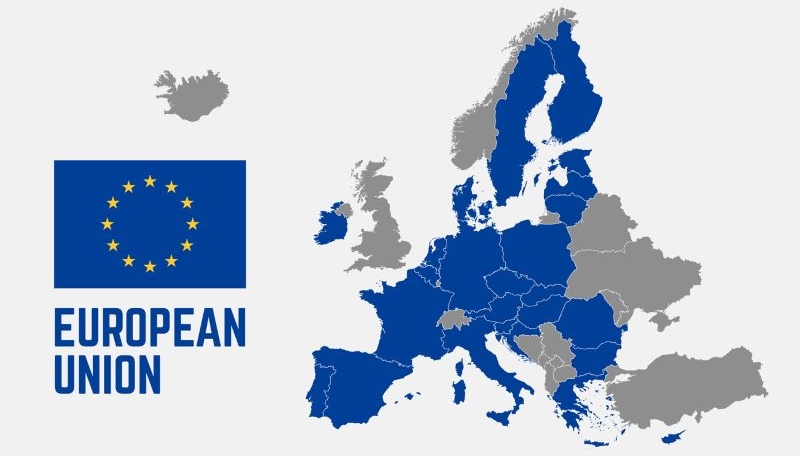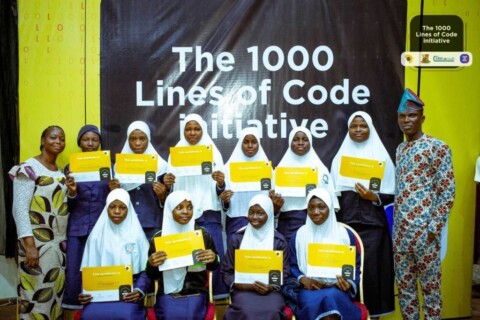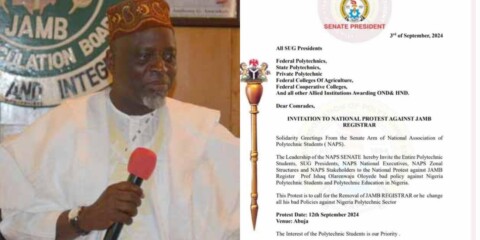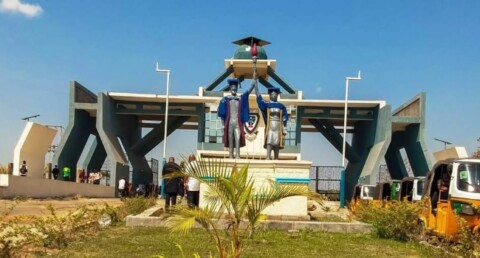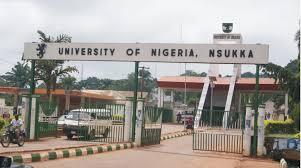The European Union (EU) has launched a new initiative aimed at reducing the high number of out-of-school children in Jigawa State by enrolling 130,000 children in school. This EU-funded project, titled “Accelerating Basic Education and Livelihood Opportunities for Children and Youth in Northwest Nigeria,” will focus on three states: Kano, Jigawa, and Sokoto. The program is designed to tackle the alarming out-of-school rates in these regions and will be implemented for three years.
At the launch event in Dutse, Jigawa’s capital, Ms. Tobi Ransomed, the EU Consortium Lead and Education Adviser, announced that the EU has allocated €35 million for the project. Ms. Ransomed explained that the initiative will be carried out through partnerships with Save the Children International (SCI), PLAN International, and Development Alternatives Incorporated (DAG), with support from local stakeholders and government bodies. In Jigawa State, the project will begin in three selected local government areas, serving as a pilot for further expansion.
Ms. Ransomed outlined the project’s primary focus: enrolling out-of-school children by creating awareness campaigns and providing educational materials. By offering these essential resources, the initiative aims to encourage families to send their children to school, giving them the chance to pursue a structured education. This step is crucial in a state where, according to UNICEF, there are over 700,000 out-of-school children, contributing to Nigeria’s national total of over 10 million children without access to education.
EU Programme Manager Mr. Vandi Hyeladi added that the project’s scope extends beyond primary education enrollment. In addition to helping 400,000 out-of-school children across the three states, the project will provide 60,000 students with livelihood skills and empowerment support to ensure they have opportunities to continue into secondary education after completing their primary schooling. This comprehensive approach seeks to build a sustainable educational pipeline and enhance the prospects of youth in these underserved areas.
The Jigawa State Deputy Governor, Aminu Usman, expressed appreciation for the EU’s timely intervention, which complements the state’s efforts to provide quality basic education to all children. He emphasized the critical role of this project in helping the state address one of its most pressing challenges and pledged the state’s full support to ensure the success of the initiative.
Addressing the pressing issue of out-of-school children is seen as essential to mitigating potential social and economic challenges in Nigeria. By focusing on education, the EU and its partners are working towards a more stable future for Nigerian youth, who will have improved opportunities for personal and professional growth. The intervention is hoped to be a transformative force for communities, contributing to both state and national educational goals.
The EU’s support, in collaboration with local agencies and non-state stakeholders, aims to create a model that can eventually expand to other regions with similar needs. As the program progresses, updates on its success will be closely monitored, with the ultimate goal of ensuring educational access for all children in Jigawa and neighboring states.

